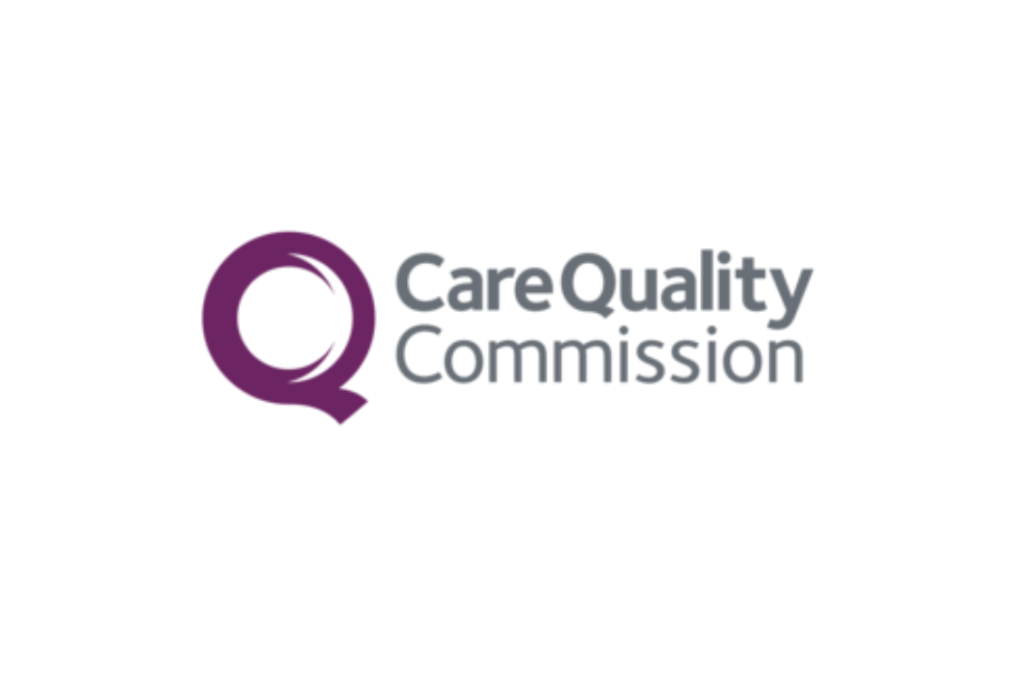May 27, 2025
CQC Reforms
The Care Quality Commission (CQC) is undergoing significant reforms under the leadership of its new Chief Executive, Sir Julian Hartley, to address longstanding issues and restore public trust in its regulatory functions.
Key Reforms and Initiatives
- Leadership Overhaul: Sir Julian Hartley has acknowledged that the CQC has “lost its way,” citing outdated inspection reports and a failing IT system. To address this, the CQC is recruiting four permanent Chief Inspectors to enhance leadership and oversight across health and social care sectors.
- Assessment Framework Revision: The CQC is overhauling its Single Assessment Framework (SAF), moving from scoring at the evidence category level to focusing on quality statements. This change aims to streamline assessments and produce clearer, more concise reports.
- Technology Improvements: In response to widespread criticism of its IT systems, the CQC plans to upgrade its provider portal and other digital tools to facilitate more efficient assessments, registrations, and report generation.
- Enhanced Inspection Frequency: To combat the issue of outdated inspections, the CQC is increasing the frequency of assessments. This move is intended to provide more up-to-date information on care providers and ensure timely identification of areas needing improvement.
- Cultural Transformation: The CQC is initiating a cultural shift within the organization, focusing on transparency, responsiveness, and collaboration with care providers to improve the quality of care services.
The CQC’s reform efforts are a response to both internal assessments and external pressures to enhance the effectiveness of health and social care regulation in England. Successful implementation of these reforms will be crucial in restoring public confidence and ensuring high-quality care standards across the sector.

